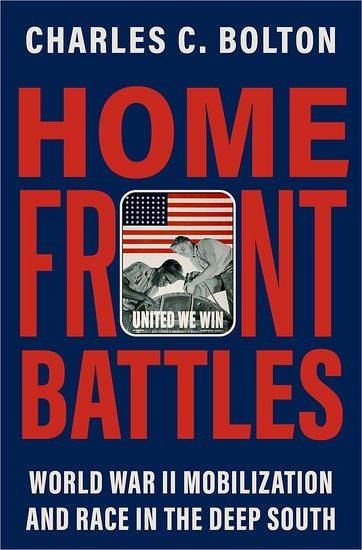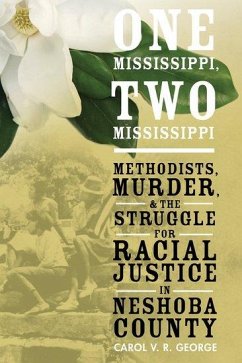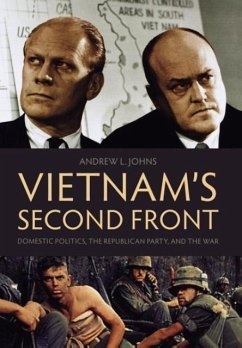
Home Front Battles
World War II Mobilization and Race in the Deep South
Versandkostenfrei!
Versandfertig in über 4 Wochen
35,99 €
inkl. MwSt.
Weitere Ausgaben:

PAYBACK Punkte
18 °P sammeln!
Home Front Battles examines the many effects of World War II economic and military mobilization on the Deep South. It also underscores one of the primary home front battles, which began with the passage of the Selective Training and Service Act in 1940 and the creation of the Fair Employment Practices Committee in 1941, banning discriminatory military training and employment practices and making it clear that the federal government would be promoting the ideal of nondiscrimination as part of its wartime mobilization efforts. In the Deep South, where race relations were already tense, these dir...
Home Front Battles examines the many effects of World War II economic and military mobilization on the Deep South. It also underscores one of the primary home front battles, which began with the passage of the Selective Training and Service Act in 1940 and the creation of the Fair Employment Practices Committee in 1941, banning discriminatory military training and employment practices and making it clear that the federal government would be promoting the ideal of nondiscrimination as part of its wartime mobilization efforts. In the Deep South, where race relations were already tense, these directives and southern tradition clashed.













